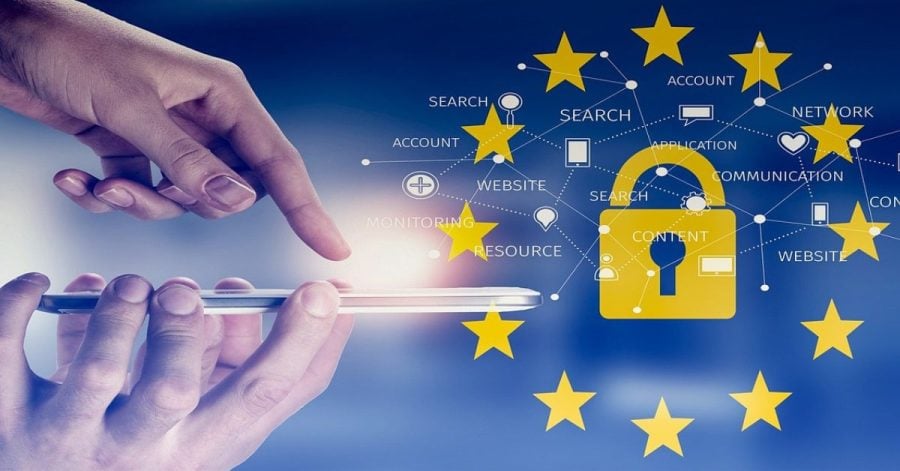• Bulgariа has its first national electronic identification scheme recognized by the country’s Council of Ministers and validated by the European Commission.
• Evrotrust eID scheme provides easy and fast digital access to EU public services to individuals and legal entities directly from a mobile phone.
• The development is expected to significantly boost Bulgaria’s digitalization.
Bulgarian authorities have recognized Eurotrust’s electronic identification (eID) scheme as a national one, paving the way for Bulgarian citizens to have effortless digital access to EU public services. The scheme was previously unanimously validated by EU Member States in the European Commission’s Cooperation Network in April.
The latest development marks significant progress in the development of digitalization in the country and opens up opportunities for the expansion of Bulgarian businesses abroad.
“The recognition of the Evrotrust eID scheme will significantly boost digitalization in Bulgaria by providing a comprehensive system that allows individuals and legal entities to confirm their identity to banks, insurance companies, and other private individuals, as well as to the state, in order to be granted electronic access to services. This will facilitate digital access to public services within Bulgaria and across the European Union, thereby promoting digital transformation,” prof. Georgi Dimitrov, Chairman of the Board of Directors of Evrotrust, tells The Recursive.
Fully electronic and secure journey
By using Evrotrust eID, local businesses will now be able to provide their international customers with a fully electronic journey.
“Bulgarian businesses will benefit from the recognition of the Evrotrust eID scheme as it enables them to provide their international customers with a fully digital and secure journey. It offers a quick and easy process when signing a contract while providing the possibility to verify the identity of the client, thereby opening great opportunities for seamless international expansion,” Dimitrov explained.
Additionally, the Evrotrust eID scheme will allow Bulgarian and foreign individuals and legal entities to gain access to digital services not only in their own country, but also throughout the whole EU.
The procedure for verifying the scheme’s compliance with the European eIDAS Regulation involved other European Members and the process itself took over 6 months. The decision now means that Evrotrust’s services are recognised with the highest level of security.
In February this year, the Bulgarian company also attracted a pre-seed investment of €2.5M from the investment fund of the Bulgarian Development Bank (BDB) to support its international expansion and entry into foreign markets. Evrotrust is also very much active in the Western Balkans region, as it’s currently working on the deployment of a nationwide digital identity solution in North Macedonia.








